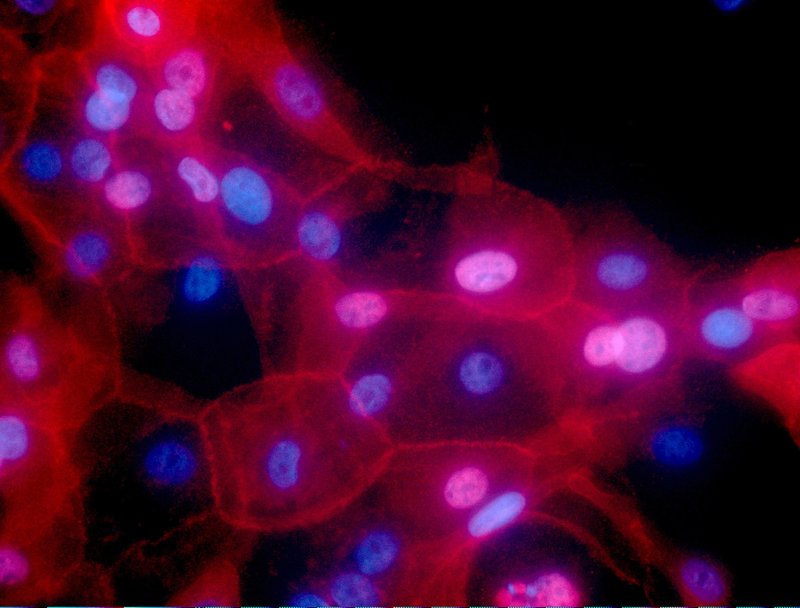
Discovering your past with the help of an at-home DNA kit is gaining popularity, but sending your results doesn’t just give you insight into your family history. It could have big consequences for your future.
“There were stories where we were like yeah right dad OK sure,” Dodi Gill said.
Trying to connect the dots, make sense of our parent’s past and the tall tales of where we came from. Gill’s parents had ideas.
“My mom had this whole story about a man from Europe came to America and California and met a princess of the tribe,” Gill said.
But, she’s determined to find the truth.
“I just wanted to see how far back they could go,” Gill said.
This is actually her second time sending out for a DNA test. She wasn’t quite satisfied with the first one.
“…my mom’s background wasn’t coming up.”
All it takes is a little saliva and all the information that comes with it.
You sign up with your name, address and eventually you can decide if you want your DNA to help in research projects like developing new drugs or therapies.
Something Gill thought might be a good thing.
“I mean what bad could they use it for you know?” Gil said laughing.
Katherine Drabiak knows. She’s a professor at the USF who’s researched what can happen to your d-n-a.
“People may not know what they’re getting themselves into,” Drabiak said.
She says like Gill, most people think giving their DNA to research, is a good thing. But she has a warning.
“It’s not like going on Amazon and buying a new book or a new pair of shoes,” Drabiak said. “But you’re putting your genetic information out there.”
Depending on the kit, opting in for one of their projects could also mean they sell your DNA to pharmaceutical companies and other for-profit businesses.
So, why does it matter?
“Giving our information, our genetic information, and our health information to companies like that also places that information at risk of getting into other hands,” Drabiak said. “It might get leaked or breached”
Companies say they remove any identifying information like name, address and birthday before giving it to a third party.
Drabiak said even after doing this, it’s still possible to figure out who it belongs to.
“With the number of programs available online, information can be reidentified, which you can go online and find addresses and voter registration records, to reidentify it’s kind of like a puzzle using bits and pieces of information,” Drabiak said.
Luckily, there are protections.
The federal genetic information non-discrimination act (GINA) makes it illegal for your genetic information to be used against.
That’s by your boss or for health insurance.
“In every law, I like to say there’s a number of loopholes, and this is one of the big ones.”
Drabiak said GINA doesn’t protect against discrimination for life insurance, long-term disability or even military service. And depending on what’s in your genes, that could cost you more in the long run.
“DNA is the ultimate identifier,” Drabiak said.
WINK News reached out to these popular DNA-kit companies. They said they require any third-party collaborators to have strict security measures in place to keep your DNA safe. And if you change your mind about consenting to future research, you can opt out.
Although, any ongoing or completed research, you’re out of luck. And remember Dodi Gill, she wasn’t bothered by any of this at first.
“Maybe I’m crazy for thinking that way but you know what I don’t care,” Gill said.
But after reading through the fine print and talking to her fiancé, Gill changed her tune. She decided the research route wasn’t in her future.
Some companies will contact you to let you know what kind of project your information will be used for.
Others you have to contact directly, so the best advice is to ask the company.
Some big, high profile cases have used DNA test information. But the companies say they won’t just give out that information to police. There must be a search warrant or court order.
[“source=winknews”]









